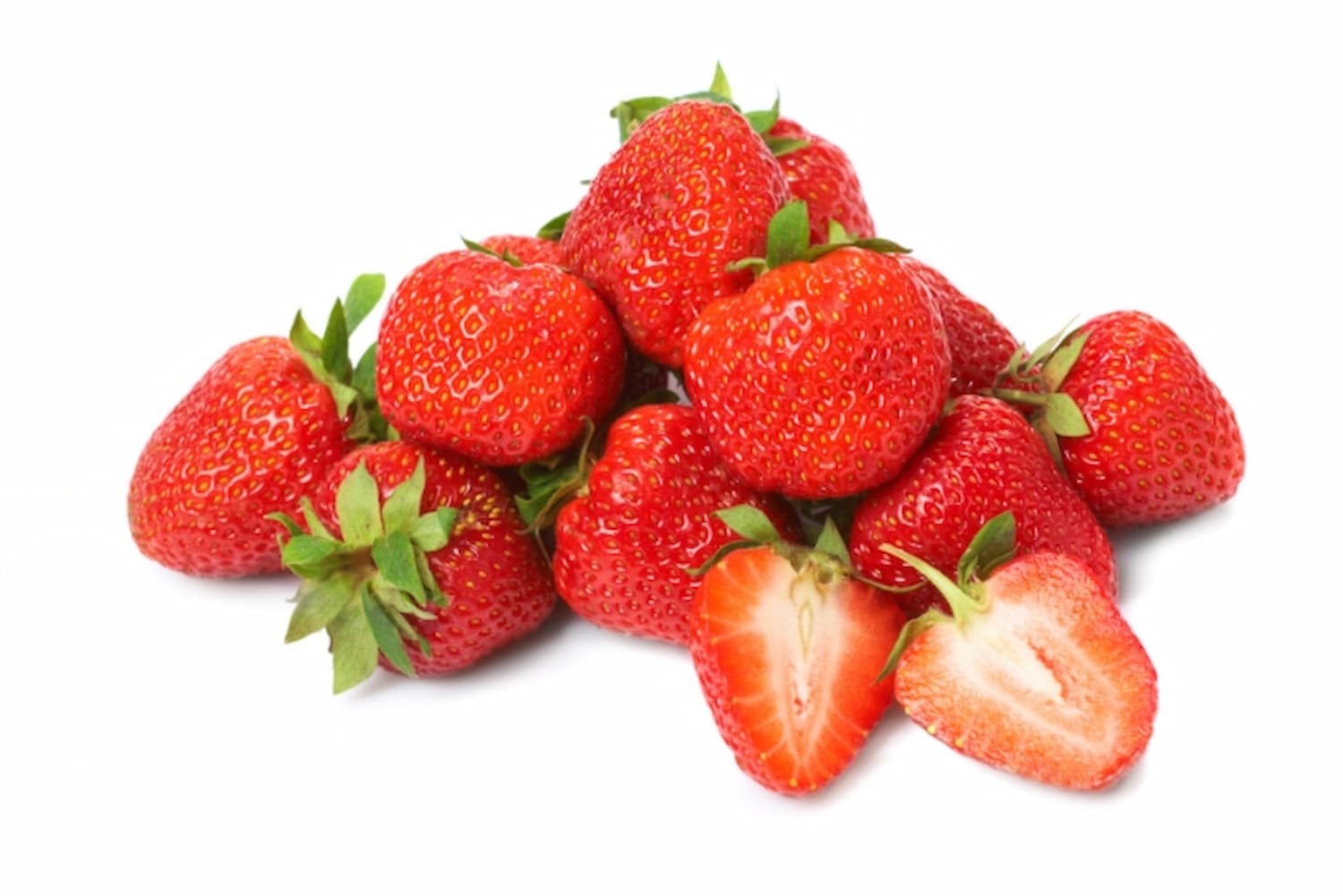
Strawberries are a good source of vitamin C. According to research, a daily 3.5-ounce consumption of strawberries provides 59 milligrams of vitamin C, whereas the same amount of orange juice contains only 53 milligrams. Not only that, strawberries have also been shown to have positive effects on the stomach, especially for those who drink alcohol.
Strawberries are packed with antioxidant properties that can help to protect the stomach from potential mucous membrane damage due to oxidative stress. This is important as alcohol consumption can lead to stomach irritation and inflammation. By including strawberries in your diet, you can help to reduce some of the gastric damage that alcohol can cause.
The more we learn about the nutritional benefits of strawberries and other berries, the more sense it makes to add them to our diet. If you enjoy an occasional cocktail, you'll be interested to learn that a recent study shows that strawberries may help reduce harm from alcohol.
Strawberries Can Curtail the Damaging Effects of Alcohol
That strawberries and other berries contain high levels of antioxidants is well known. Recent animal studies focused on the potential benefits of strawberries for the prevention of gastrointestinal disorders caused by alcohol, which is known to cause damage to the stomach lining leading to ulcers. Free radicals are by-products of alcohol consumption, smoking and unhealthy eating habits, among other things. Through a complex chemical chain reaction, they oxidate (add oxygen to) cells. Antioxidants contain beneficial phytochemicals (naturally occurring plant-based chemicals) that have been shown to scavenge these free radicals and prevent damage from occurring.
One experiment on rats used extracts from three varieties of strawberries. One group of rats was given 40 milligrams of extract per kilogram of body weight for 10 days, while another group was fed a normal diet. After 10 days, alcohol was added to the rats' water. At the end of the study, those rats that were fed the strawberry extracts showed significantly less stomach damage than those which were not. The conclusion drawn by the researchers, as reported in the PLoS ONE (Alvarez-Suarez et al., 2011) journal was that: "A diet rich in strawberries might exert a beneficial effect in the prevention of gastric diseases."
While this study focused on the inflammation and damage to the stomach lining caused by alcohol, the authors pointed out that free radicals are also believed to play a role in other gastrointestinal orders such as colorectal cancer and inflammatory bowel disease, inferring that strawberries may also be able to help prevent these diseases. Since the phytochemicals in strawberries and other berries also appear to help prevent most inflammatory diseases, and since they taste delicious as well, their inclusion in our diet is an easy "medicine" to take.
Tips for Including Strawberries in Your Diet
The benefits of eating strawberries regularly should not be underestimated, especially for people who drink alcohol frequently. Aside from their protective effects against alcohol damage, strawberries also serve as a good source of dietary fibre, potassium, manganese and vitamin B9 that can promote health and reduce the risk of chronic diseases, including diabetes, obesity, stomach cancer, stroke and heart disease.
Source: Easy Health Options
There are many ways to include strawberries in your diet, even if you drink alcohol regularly. Some tips for including strawberries in your meals are as follows:
- Add sliced strawberries to your morning cereal or oatmeal
- Mix diced strawberries into a fruit salad
- Enjoy a strawberry smoothie for a quick and healthy snack
- Make a strawberry salsa to top grilled chicken or fish
- Make a simple syrup out of strawberries and use it as a healthy topping for yoghurt or ice cream.
If you drink alcohol regularly, then it’s definitely worth adding strawberries to your diet. You can enjoy them fresh or frozen. Just be sure to keep track of your alcohol intake and drink in moderation to avoid any negative consequences related to alcohol consumption.
Originally published on Nov 21, 2011








